A fireball on remote Unst may have been the first time some people beyond the Shetland Islands knew there was a spaceport there.
That recognition got an unexpected boost on August 19 when a film crew caught the full extent of a rocket test gone wrong.
Flames lit up the sky at the pad run by SaxaVord, where a German firm was hard at work.
Two days later, leading figures in the Scottish space project were in Edinburgh to discuss how the industry could inject some rocket fuel into the Scottish economy.
Among them was former US military intelligence officer, and Shetlander, Yvette Hopkins – who says the attention the explosion attracted is no bad thing.
“The taxi cab driver is my litmus test,” she tells the Press and Journal.
“Does he or she know what’s going on? When I get in and they tell me what’s going on, it’s working.”
Yvette sounds every bit the American but is firmly rooted in Shetland, where she’s heavily involved in the UK’s space programme.
Her father was ex US military and her mother is from the islands. They came back each summer to visit family while being posted around the world.
When Yvette retired from her own 30-year career in 2017, Bigton became her base. And that’s where she found a new community working in the fledging space industry.
Last week, she was in Edinburgh to take part in a Scottish Parliament Festival of Politics event on the opportunities in space.
And that’s where her US enthusiasm for thinking big became clear.
She says it’s time for Scotland to shout loudly about the industry, and firmly place it in people’s minds as a massive opportunity for jobs, skills and economic success.
“This whole thing about not raising your head above the parapet, that is a Scottish value and in many ways a good thing – humility,” she says.
“But it’s also not the best thing when you’re in this global space race and we declared ourselves part of it.
“I want us to raise our head above the parapet. I want us to shout from the mountain tops.”
Is Elon Musk ‘advancing mankind’?
Any discussion on space and bold ambition cannot be held without one name in particular getting a mention.
Elon Musk is the world-famous billionaire character pushing boundaries with his Space X programme.
But Yvette points out Scotland is already firmly part of the project.
Some of the mini satellites sent up on Musk’s Falcon 9 launcher recently were made in Glasgow – a city which makes more of that kind of tech than anywhere outside California.
“That guy is brilliant,” she says.
“Whether you like him or not – I can tell you I do not align with him politically – but what he has done is advance the ball.
“Is he advancing mankind? He’s giving us a lot to think about, and you can’t knock that.”
Scots are fond of telling everyone how we invented the modern world.
But how can a country of less than six-million people make an impact on the scale of somewhere like the US?
Yvette says Scotland has the geography to make it work.
Unst is far to the north of major population centres. The sea is clear, and the aim for the North Pole is desirable.
But so far nothing has been launched.
Yvette says the test “anomaly” last week paves the way.
“There were dramatic picture of flames and things burning,” she says.
“But this is exactly what we need to be doing – taking a look at this and saying that didn’t work, so what do we need to do differently?”
Alan Thompson, from launch vehicle technology company Skyrora, who was also at the discussion, says: “We know what’s missing, we know what the challenges are, what we’re missing is a tipping point – launch.”
- The Stooshie podcast: Listen to our featured episode on Shetland’s spaceport future
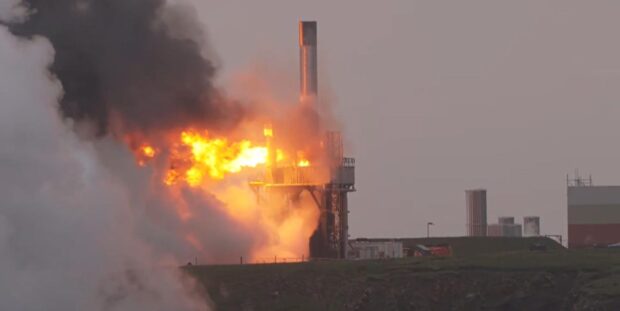
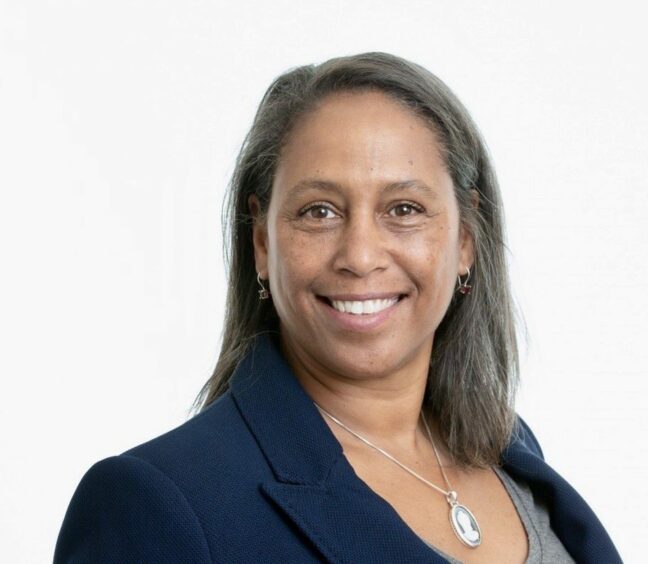
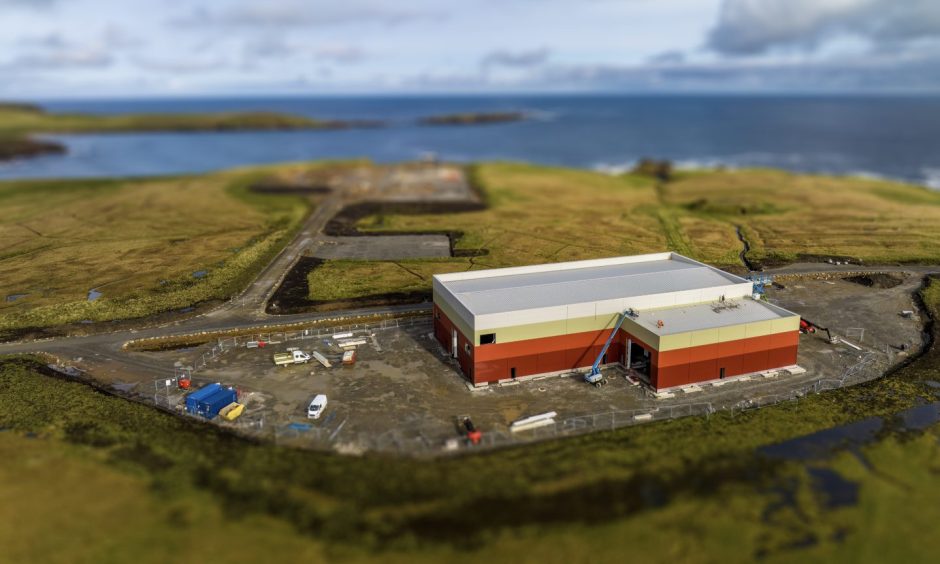
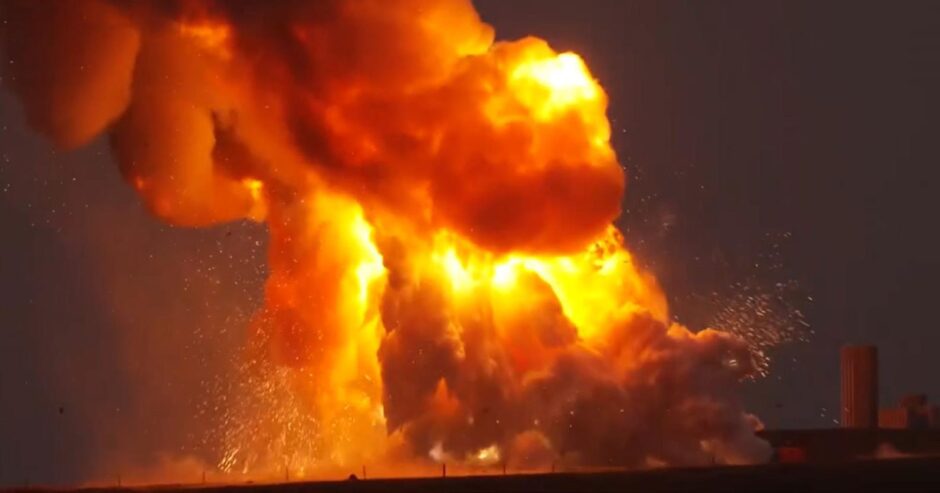
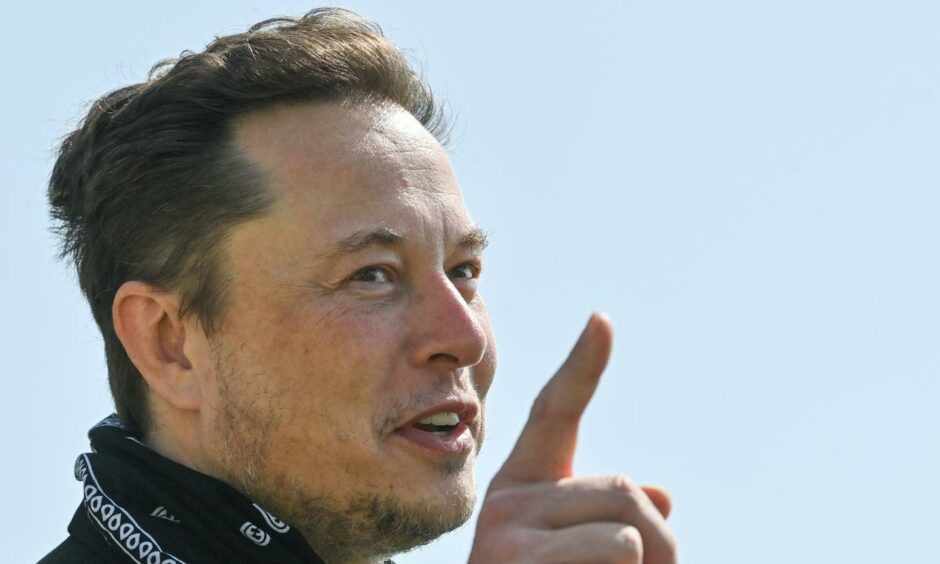
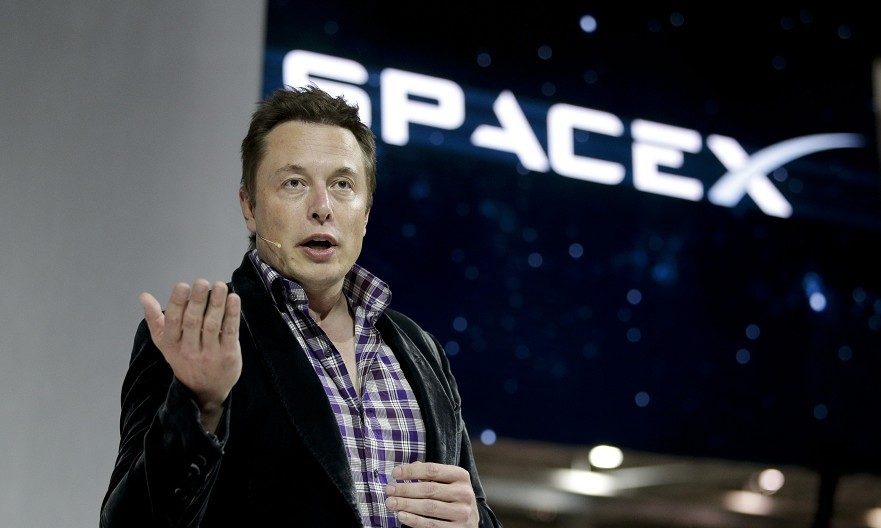
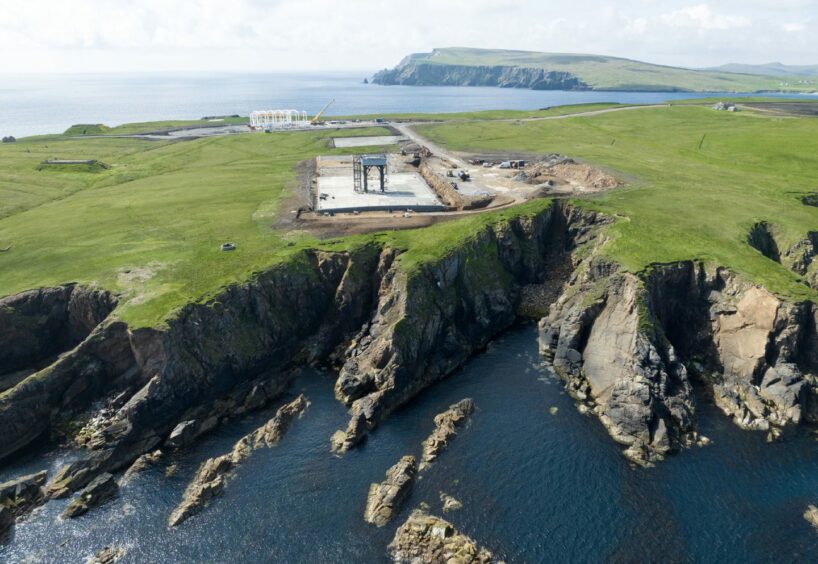
Conversation